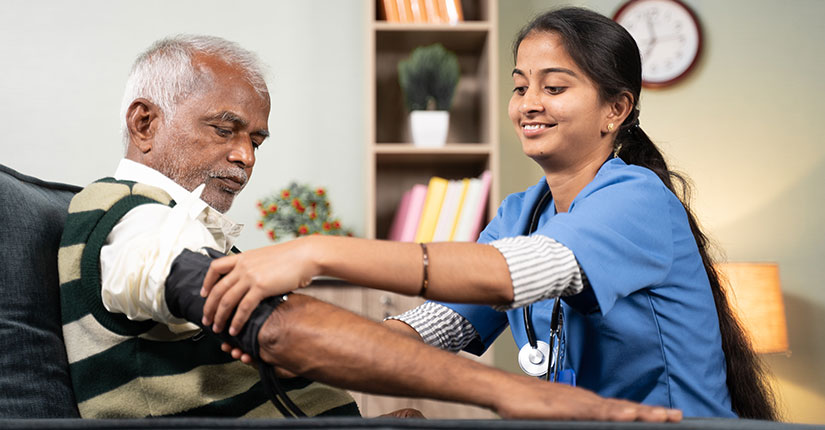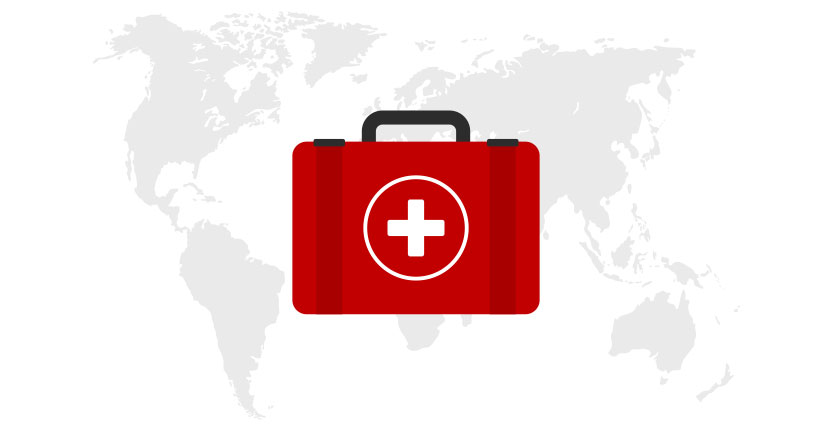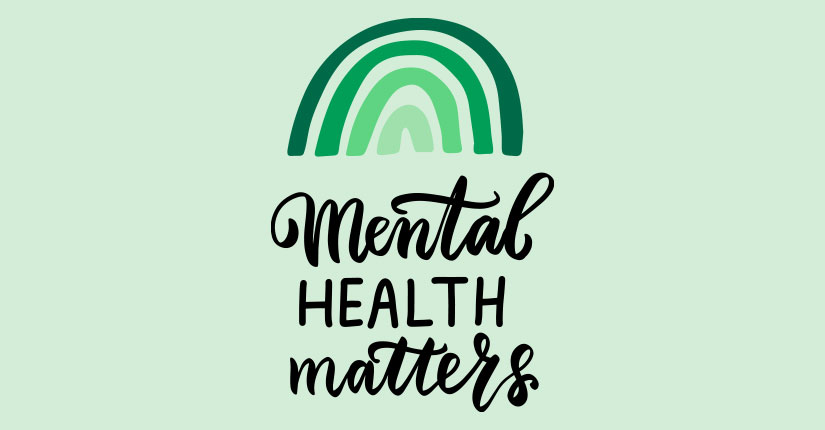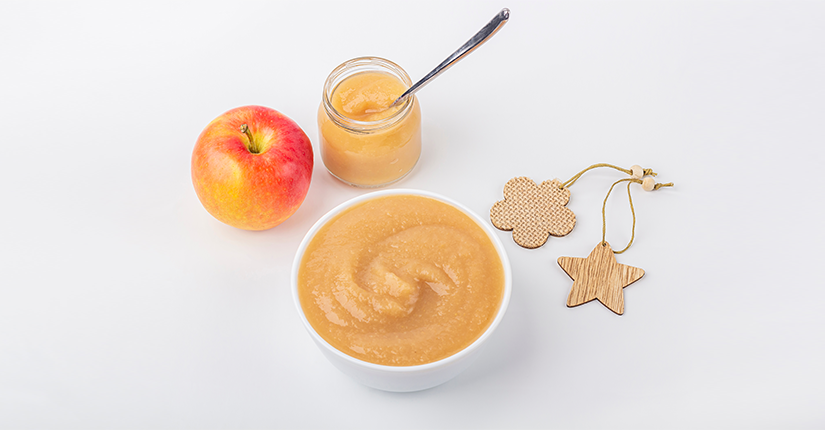Understand the Importance of Rabies vaccine on World Rabies Day
By Nmami Agarwal 28-Sep 2021 Reading Time: 4 Mins

Rabies is a disease caused by the rabies virus and the virus is transmitted through the bite or saliva contact of an infected animal. Humans are at great risk of developing this disease if bitten by an animal infected with the rabies virus, for example, dogs. At first, rabies shows no severe symptoms, but if left unchecked it can lead to death. Thus, rabies disease cannot be ignored if it comes in close contact and hence necessary precautions such as giving rabies vaccine for humans should be taken up.
Incubation period:
It is the period between the bite and the onset of symptoms. It usually takes 4 to 12 weeks for a person to develop rabies symptoms once they are infected. However, incubation periods can vary from a few days to six years also.
How can Rabies spread?
- Rabies that usually spreads through the saliva of a rabid animal enters the skin of the person or animal when bitten.
- Rabies can also spread through inhalation of aerosol particles that contain the virus, or when a rabid animal licks a person’s mouth.
- Animals that usually spread rabies include non-domesticated or wild dogs, cats, bats and even foxes.
Symptoms of Rabies:
The Symptoms include:
- Pain where they have been bitten
- Feeling of illness
- Fever
- Depression
- Headache
- Nausea and vomiting
- Difficulty in swallowing
Rabies and Vaccination:
After being exposed to the rabies virus, you need to have a series of injections to prevent an infection from setting in. Rabies immunoglobulin, which gives you an immediate dose of rabies antibodies to fight the infection, helps to prevent the virus from spreading. Then, getting the rabies vaccine is the main key to avoid this disease. The rabies vaccine is given over a series of five shots till 14 days.
Getting a rabies vaccination as soon as possible after an animal bite is the best way to prevent the infection from spreading. Firstly, doctors will treat the wound by washing it for at least 15 minutes with soap and water, detergent, or iodine. Then, they will give the rabies immunoglobulin and this way start the round of injections for the rabies vaccine. This procedure is known as ‘post-exposure prophylaxis’.
Ways to protect yourself from Rabies:
- Stay away from any animal that shows symptoms of rabies and do not touch unfamiliar animals.
- If you keep garbage cans outside the house, use tamper-proof lids to keep animals at bay.
- If bitten by an animal, wash the wound thoroughly with soap and water and seek immediate medical help.
- Vaccinate your pets.
Footnote:
Rabies barely shows any symptoms in the initial phase of infection but it is important to get immunised and seek treatment as soon as possible, as rabies can be fatal. In case of slight symptoms or even no symptoms when a rabies-infected animal has bitten you, getting yourself vaccinated is the best way to stop the spread of infection immediately.





















